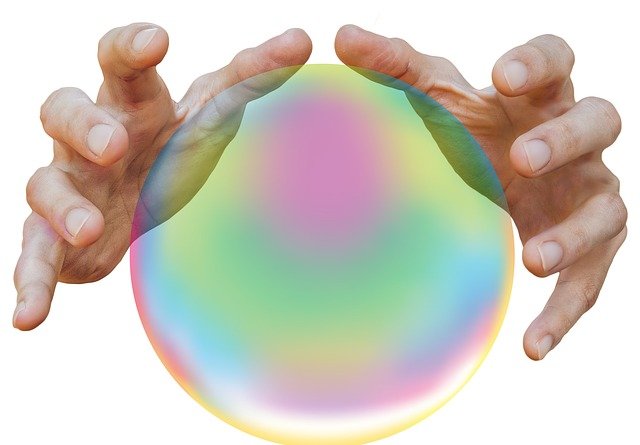
Divining can consist of anticipating the future.
Guess is a verb that comes from the Latin word divināre . The concept can be used in different ways and with different nuances according to the context.
If we focus on the dictionary of the Royal Spanish Academy ( RAE ), the first meaning of guessing that is mentioned consists of revealing something that was hidden or anticipating what is to come .
How can you guess
It is important to keep in mind that the idea of guessing can refer to various types of processes. If we focus on the discovery of data that was hidden or unknown, it may be an act linked to logic or a consequence of chance . In the case of predictions, they involve a practice that goes beyond rationality and human capabilities.
Suppose there are two men talking at the door of a theater. It is the first time they see each other; that is, they did not know each other until that moment. In the middle of the talk, one says to the other: “Guess how old I am?” The interlocutor, when asked the question, risks: “You are 54 years old.” The data in question turns out to be correct, so it can be said that the subject managed to guess the answer .
How did you manage to guess the age of the other individual? On the one hand, the presence of a random component can be maintained. In any case, it is likely that the person who responded deduced, from his physical appearance and from certain comments made by the other person, how old he was.
Let us now imagine that a 25-year-old woman goes to a supposed fortune teller to find out if she will find a partner. The fortune teller, in this framework, assures him that it is . Months later, the girl begins a courtship and then gets married. There are those who will think that the clairvoyant was able to divine the future thanks to her magical powers . Others, however, will maintain that it was a matter of probabilities : it was feasible that a young woman, at some point, would end up starting a romantic relationship.

When you anticipate something that will happen based on the analysis of signs, you are not talking about guessing, but rather predicting.
An entertainment
It should be noted that riddles are a very popular entertainment or pastime . In these cases, a riddle is presented so that the other person can try to guess the answer.
A riddle is an enigma that, in its own statement, presents clues so that the listener can guess. The expression is usually done in rhyme .
A classic riddle is one that asks which element is “round” and resembles a “bottomless barrel” : the answer is “ring” . Guessing, once again, requires appealing to logic since you only have to mentally review which objects are “round” and lack “bottom.”
Differences between guessing and forecasting
It should be clarified that making a prediction is not always considered guessing. At this point we must refer to the notion of forecasting .
When you anticipate something that will happen in the near or distant future by appealing to the interpretation of signs, what you are doing is a forecast . An indication , meanwhile, is a phenomenon that serves to make an inference about an issue that did not occur or was not perceived.
Meteorologists , in this framework, predict the weather , not guess it. By studying satellite images and other resources, and using the knowledge acquired throughout their training, they can anticipate whether it will rain or not, the range of temperatures, etc.
